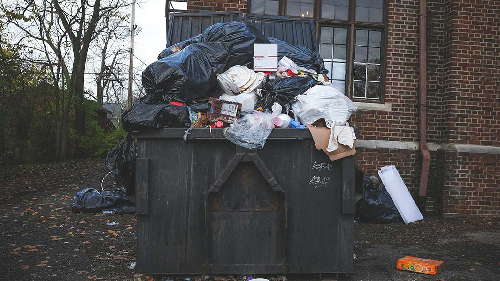While many of us have a strong aversion to certain foul odors, the search for the single worst smell on Earth is not as simple as it seems. According to scientists, our perception of a smell as “good” or “bad” is a complex mix of molecular structure and an evolutionary hardwiring designed to keep us alive.
Researchers at the Journal of Neuroscience suggest that the size and shape of a molecule play a key role in how we perceive its scent. In general, larger, more spread-out molecules tend to be associated with unpleasant odors, while lighter, more compact molecules are perceived as pleasant. This is due to how these molecules bind to our olfactory receptors. For example, the molecule butanol smells like rotting wood, but its close cousin, limonene, which has a more compact shape, gives off a pleasant citrus scent.
However, the “worst smell” is also deeply rooted in our evolutionary history. Our ancestors who avoided the smell of rotting flesh, feces, or diseased animals were more likely to survive and pass on their genes. This has created a universal aversion to certain compounds, particularly those containing sulfur and amines, which are byproducts of decomposition. One of the most notoriously offensive is thioacetone, an organosulfur compound so potent that a single drop can cause nausea, vomiting, and panic within a half-mile radius.
Other contenders for the title of “worst smell” include:
- Hydrogen Sulfide: The compound responsible for the smell of rotten eggs.
- Cadaverine & Putrescine: These molecules are directly responsible for the stench of rotting flesh.
- Durian Fruit: A notorious Southeast Asian fruit banned on public transport in several countries due to its potent aroma, which has been described as a mix of “sulfur, sewage, and rotting onions.”
Ultimately, a substance’s smell is a combination of its molecular composition and how our brain interprets it. While we may never universally agree on the single worst scent, there is a clear evolutionary reason why we all recoil from certain smells—it is, quite simply, the smell of danger.






